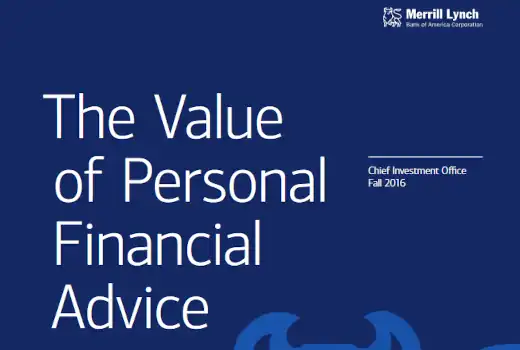
It has been well documented that investors, driven by fear or greed, often react to capital market gyrations by making investment decisions that undermine long-term investment performance.1
Goals-based wealth management can help combat this tendency by shifting the investor’s focus from short-term performance to meaningful long-term goals. […] One example is the behavioral bias known as the “disposition effect,” the tendency of investors to sell winners and keep losers. Researchers have found that professional advice helps to counter this bias. Shapira and Venezia report that the disposition effect arises significantly less often among accounts that are professionally managed.2
[Another] well-known behavioral bias is aggressive trading, the tendency to make rapid, substantial changes in portfolio allocations. Such behavior tends to increase when markets are volatile. The aggressive trading bias is often attributed to overconfidence—excessive faith in one’s own judgment that may be driven by emotions such as greed or anxiety. A study by Barber et al., found that aggressive trading by individuals can reduce return performance by up to about 4% a year.3 Maymin and Fisher document that investors who receive professional advice are considerably less prone to aggressive trading.4
1 Dalbar, “Quantitative Analysis of Investor Behavior,” 2016.
2 Zur Shapira and Itzhak Venezia, “Patterns of behavior of professionally managed and independent investors,” Journal of Banking & Finance 25(8): 1573–1587, 2001.
3 Brad M. Barber, Yi-Tsung Lee, Yu-Jane Liu and Terrance Odean, “Just how much do individual investors lose by trading?” Review of Financial Studies, 22(2): 609–632, 2009. The study does not take account of advisor fees.
4 Philip Z. Maymin and Gregg S. Fisher, “Preventing emotional investing: An added value of an investment advisor,” Journal of Wealth Management, 13(4): 34–43, 2011.
